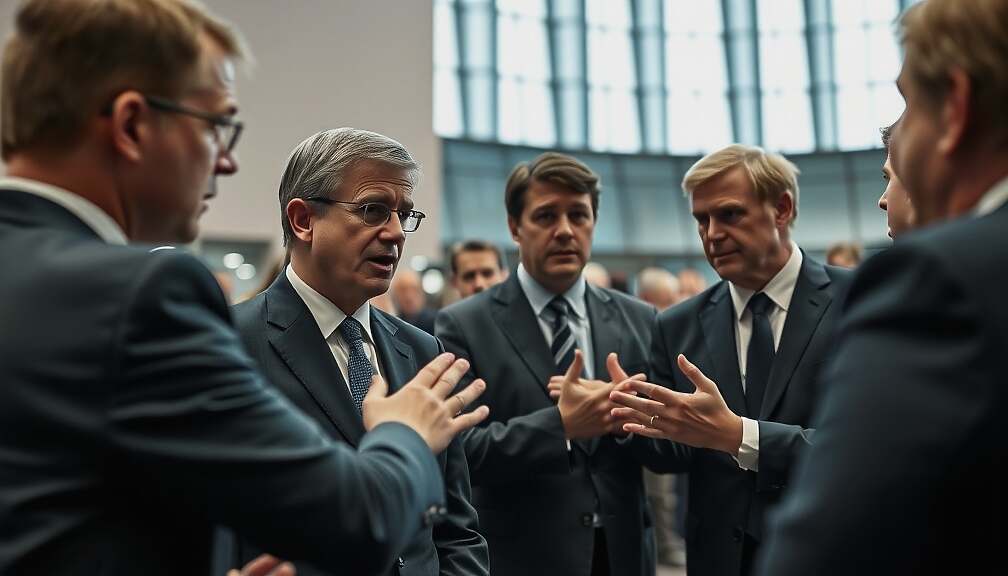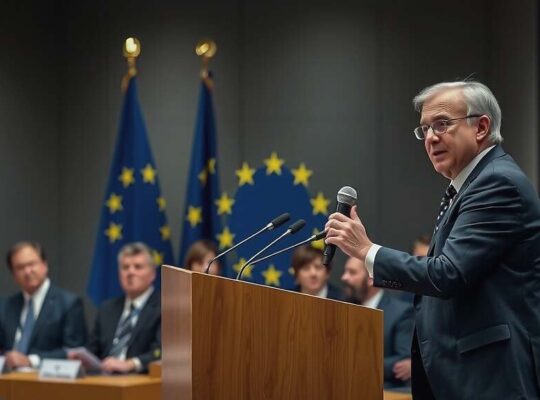Berlin – A proposal by leading CDU politician Jens Spahn for a European nuclear arsenal, with direct German access to the weapons, has drawn sharp criticism from across the political spectrum. The suggestion has ignited a debate about European security and prompted accusations of political maneuvering.
Philipp Türmer, chairman of the SPD’s youth wing, the Juso, accused Spahn of deliberately timing his comments to divert attention from ongoing controversies. “Jens Spahn is currently primarily generating headlines to distract from his own scandals” Türmer stated, suggesting a calculated strategy behind the proposal.
Similar accusations came from the opposition Green party, with security policy spokesperson Sara Nanni labeling the proposal a “large-scale diversionary tactic” designed to overshadow the potentially massive costs to taxpayers associated with the ongoing controversy surrounding mask procurement deals. Nanni asserted that Spahn’s focus isn’t serious security debate, but rather his own political future, characterizing his approach as “self-preservation policy, not defense policy.
While acknowledging Europe’s reliance on NATO and the protection afforded by the United States, Marie-Agnes Strack-Zimmermann, chair of the European Parliament’s Committee on Security and Defence, indicated that France’s existing nuclear forces might be insufficient to guarantee sole security for the continent. She noted the absence of tactical nuclear weapons within the French arsenal. However, the FDP politician cautioned that establishing a purely European nuclear deterrent would be a complex undertaking, requiring a comprehensive institutional framework and posing significant security and structural challenges.
“A European protective umbrella would only be conceivable as part of a joint, institutional approach” Strack-Zimmermann explained, signaling the hurdles involved in realizing Spahn’s proposal. The debate underscores the ongoing discussions around European strategic autonomy and the future of the transatlantic security relationship.












